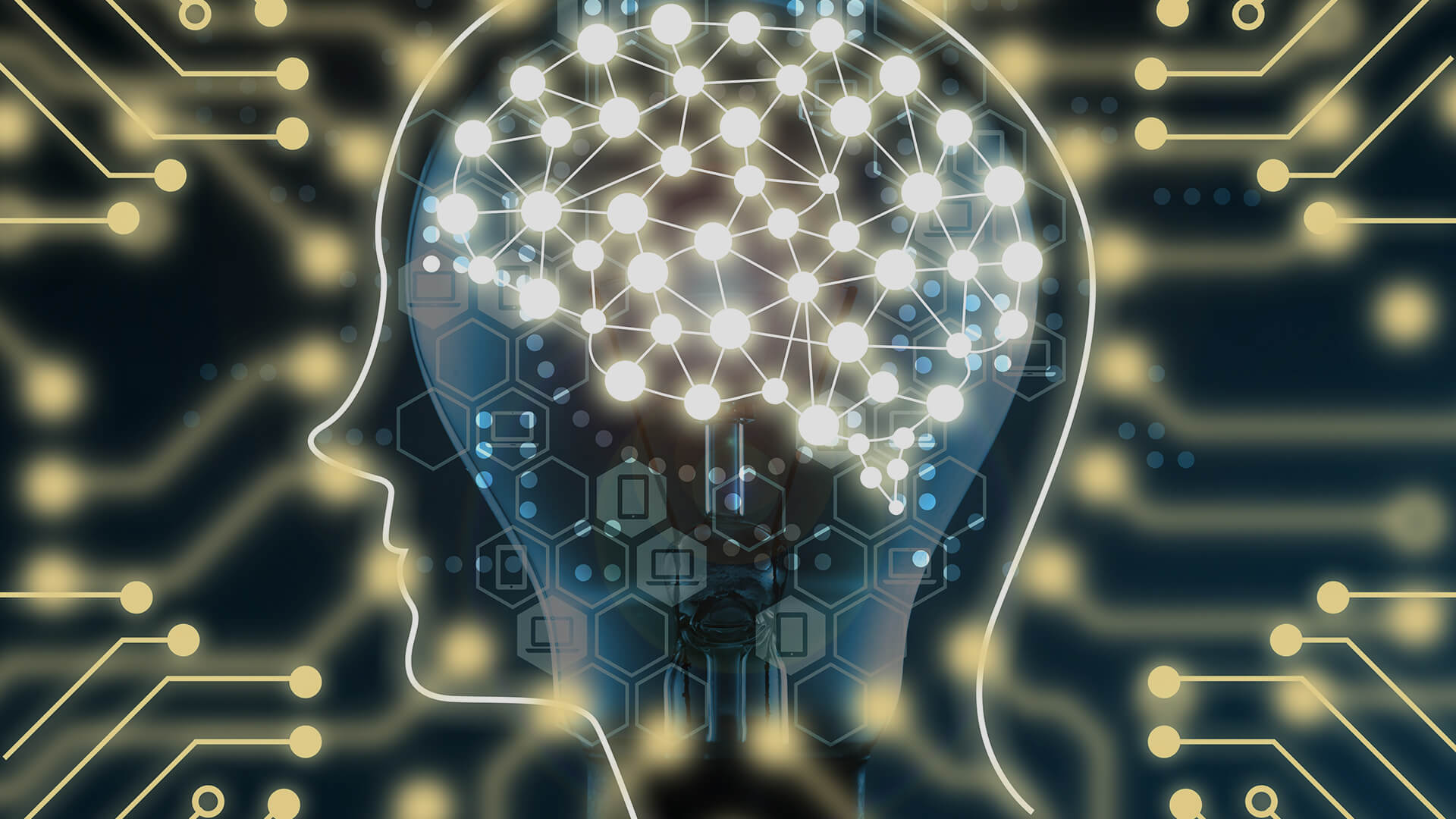What does artificial intelligence mean for marketing agencies?
It's clear artificial intelligence will play a role in the future of marketing, but what will that role encompass? Contributor Daniel Faggella makes a few insightful predictions.

While the creative process itself is unlikely to be wholly automated by machines, many agencies are aware that some elements of their work might be overhauled or redefined by machine learning tools.
In this article, we’ll discuss what kind of marketing agency work might be augmented or automated by machines (including examples of startups working on these marketing applications already) — and we’ll explore what these marketing agency AI trends and examples might lead to over the next five years.
What kind of marketing agency work will artificial intelligence affect?
Roughly speaking, tasks that might be considered low-hanging fruit for automation are generally tasks with a clear set of inputs, a clearly defined set of tasks and a clearly defined set of outputs. These roles might be considered to have limited context. Here are a few examples:
- Pulling data from varied sources into coherent, insightful, written reports for humans to use for decision-making.
- Optimizing the timing of when ads run, calibrating in real time for the lowest-priced clicks or lead conversions.
- Coming up with thousands of permutations of ad copy or ad images for a campaign. It should be noted that this is only possible when initial directions and examples are provided to a machine, giving it a limited range and variety to select from in its creative variations (e.g., visually similar images, color filters, re-wording of template sentences).
The tasks above are limited to a specific, often rather small, sets of data (inputs) and involve working with and manipulating data in predictable ways. In fact, they are areas that have often already been automated to some extent with rules-based logic rather than artificial intelligence. From my more than four years interviewing experts on the impact of AI on the job market, I’ve found these are common qualities of automatable work.
Some other tasks within a marketing agency involve varied context — not simply access to a handful of data sources but wide contextual knowledge of many aspects of the business — and information that isn’t easily quantifiable in a single data source.
Examples of this varied-context work might include:
- Knowing how to work with team members with varied personalities. It’s exceedingly difficult for machines to coordinate people and resources to reach abstract company goals — such as revenues, profit, growth, or new positioning for the company. Tasks like in-person hiring and firing, quarterly planning, running sales teams, and general management, are all generally outside the capacity of AI tools — at least in the near term.
- Sales and account management.While it might be possible to automate some business development tasks (scraping the internet for possible leads and contact info, automatically sending and customizing outreach emails and so on), it will be incredibly hard for machines to take over the processes of “feeling out a fit” with a new client and of understanding and managing their needs in order to garner their trust.
- Determining the positioning and strategic direction of the agency. In the decade ahead, machines may streamline many processes and allow for better decision-making by humans, but machines are unlikely to create a vision for the future of an agency. Human leaders have varied goals (finding better work-life balance, striving for work with higher profit margins, reaching a certain level of annual revenue), and the broad context involved in strategic planning (understanding your industry, your political climate, the tax ramifications of your business choices, competitors and so on) is beyond machine abilities for the time being. While machines may be able to pull in and present data from many sources, the multicontext tying together of this information into a set of coherent future plans is not going to be taken away from humans any time soon.
While the tasks above may be augmented by machines, and aspects of those tasks might be supported by automation, they’ll require talented human team members. Hiring, selling, strategic planning and other varied context work is unlikely to be wholly automated in the near future.
To gain perspective from real marketers in the field, I spoke with Simone Knapp, a senior account executive for RIS News, who has worked in agency and PR roles for nearly 20 years. “It’s not robots, it’s about being able to tailor a proposal to a client that’s meaningful and customized,” she said. “Can I know what they care about and automate the ideal promotions to reach their needs?”
She described what she sees as the two sides of the AI coin for agencies and advertising publishers:
- AI facing the agency or account manager (CRM, Process Reminders, Data Cleansing, Sales Enablement).
- AI facing the customer (Marketing Automation, Advertising Optimization)
It’s likely that both of these categories will involve discreet AI tasks of limited context and that these tasks will be among the first to which agencies will apply AI technologies.
What these trends might imply for the future of marketing agency work
We predict that — as with other industries — marketing agencies will gradually change the way they work in the coming half-decade. Increasingly, new agencies will grow as efficiently as possible, using technology (instead of people) wherever possible. Larger firms will follow suit. We don’t expect to see massive layoffs in large marketing agencies in the next few years, but we expect growth to require a smaller human staff, resulting in less need to hire.
However, it should be noted that many current marketing agency AI applications are in their infancy. Report generation, ad copy creation, and to some degree, event programmatic advertising, are in no way mainstream — and, in part, this has to do with their current return on investment (ROI).
At some point over a decade ago, most creative agencies began drafting and presenting designs (for logos, posters and so on) on computer programs like Adobe Illustrator, and not on plain paper or graph paper. Why did this shift happen? Because at some point the computer design programs became so easy to use and so capable in their features that it became clear: “Doing this the old way will mean losing time and money.”
Artificial intelligence is not immune to these same phases of technology adoption, and, at present, there are very few AI use-cases for marketing agencies which are so fleshed out, so capable and so easy to use that any rational agency must adopt them. Many AI tools require a good deal of bespoke integration, while other tools still require a robust background in AI and/or data science in order to actually derive value from the software.
An AI adoption timeline
Agencies who want a finger on the pulse of how AI might impact their industry should be looking to see what applications large agencies and large brands are beginning to adopt en masse. Simone put it to us this way:
[blockquote]Some of this is may be a year or so out. There were some beta products I’ve seen that seem interesting, and I’m sure there are kinks to work out — but my guess is that this is coming sooner than most people think.[/blockquote]
As with any industry that’s largely dependent on human resources, large agencies will have to ensure that their PR efforts around AI involve making work better for existing employees, not laying them off. Even if large firms eventually realized that layoffs would be inevitable (which doesn’t seem to be the case given the state of AI now but might be in the next five years), they would have no reason to convey this reality to their droves of nervous employees, who need reassurance that all is well (even if at some point all is not well).
Predictably, we see representatives of large firms reinforcing the job security of their staff.
“If automation matures, we will embrace it — we will not use it to replace our workforce,” Dave Meeker, VP of Isobar’s US operations, told Digiday.
As Simone aptly stated, there do seem to be kinks to work out, and it’s not possible to guess exactly which artificial intelligence applications will become the norm for marketing agencies.
We hold that data collection, data processing, and optimization problems (like those listed at the beginning of this article) are the most likely AI applications to first gain widespread use in marketing agencies. It may be another two or three years before these tools make their way to small and mid-sized agencies.
Opinions expressed in this article are those of the guest author and not necessarily MarTech. Staff authors are listed here.
Related stories
